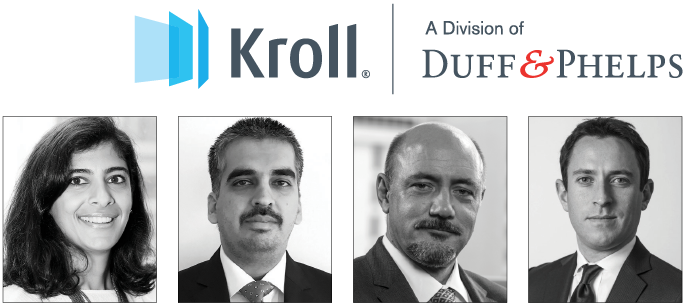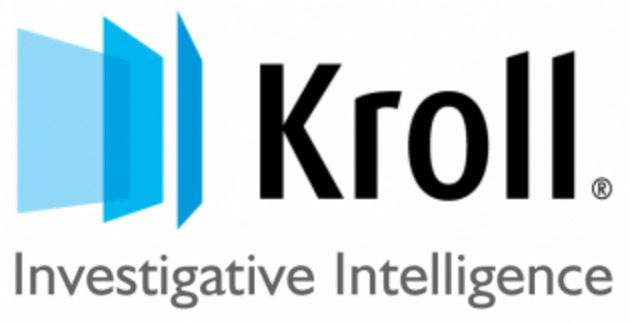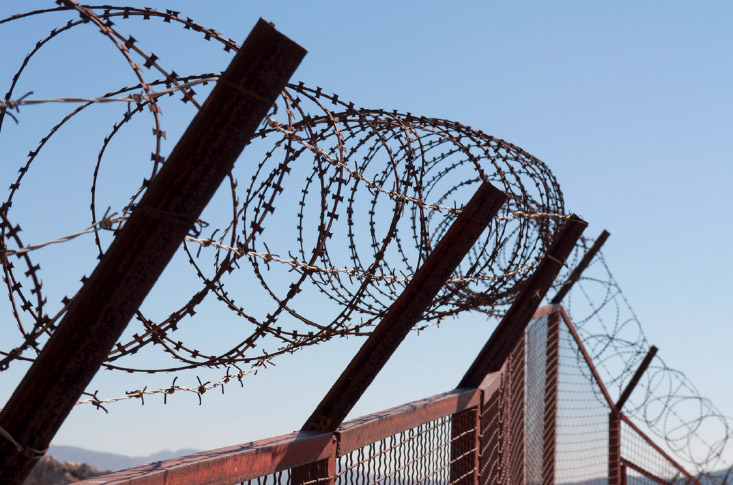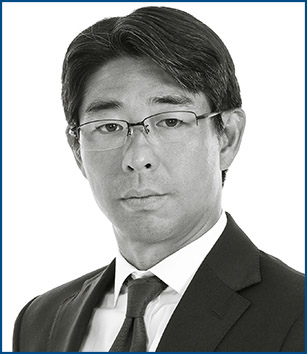 Developing a deep understanding of the local market means investors can advance with greater confidence and fewer surprises.
Developing a deep understanding of the local market means investors can advance with greater confidence and fewer surprises.
Infrastructure projects in emerging markets attract investors on the back of potential returns that can outstrip yields in mature markets. But with opportunity comes risk, particularly in the construction, engineering and infrastructure sector, which saw the largest year-over-year increases in fraud incidents (up seven percentage points to 83 percent), according to our data collected in the Global Fraud & Risk Report 2017/2018.
In this article, we explore the steps that investors can take to help identify and mitigate infrastructure investment risks in Sub-Saharan Africa and South Asia.
Delivering infrastructure projects in Sub-Saharan Africa
Successful infrastructure investment requires the integration of projects into the host jurisdiction’s existing network of transport, power generation and distribution grids. This is not just an engineering challenge. It requires institutional capacity and a functioning legal and regulatory framework to accommodate large-scale, long-term investments.
Many Sub-Saharan Africa jurisdictions lack the planning capacity and resources to link existing infrastructure to new projects. Additionally, many new projects in this region tend to be politically significant and thus potentially vulnerable to non-transparent interference or influence. Unrealistic expectations about what the project can deliver can also undermine the investment’s commercial viability. For example, if investors in rail freight projects are expected to accommodate passenger transport, the economics of an investment can be distorted.
While investors should be aware of such red flags, they cannot often directly influence them. Pre-investment intelligence-gathering can help investors understand the regulatory environment and the implementation capacity of key government agencies in order to better assess the feasibility of a project.
Infrastructure investment remains a challenge in South Asia
Investors in infrastructure projects in South Asia face a similar set of challenges. For example, over the past three years, private sector infrastructure investment in India has slowed down due to a combination of stretched corporate balance sheets and rising non-performing assets for banks. The pace at which project-related decisions are being approved by various government departments also remains slow.
However, investment activity is still high in certain sectors in South Asia. One such example is the renewable energy sector in India, which has seen significant interest from domestic and international investors. While growth in renewable energy remains a key goal for the government of India, the aggressive push on the agenda has resulted in a sharp decline in uptake prices, mainly for solar energy, due to the entry of many players, most of whom have limited or no experience in the sector. This puts immense pressure on local developers to deliver projects at low cost, which in turn affects the quality of material used and the sustainability of such projects. At the same time, companies still need to work with local governments and other stakeholders to ensure they obtain necessary approvals in a timely fashion, which means that the risk of corruption remains.
Investors often struggle to understand whether the costs and performance of a project reflect its true health. Given the relatively close nexus between companies, politicians and bureaucracy in India, businesses often get pushed into practices which are potentially inappropriate and that can directly impact financial reporting. The wide gap between what is reported in the books versus the actual performance of the project casts doubt on the overall integrity of the quality and financials of a project. Other South Asian markets like Bangladesh and Sri Lanka are also exposed to similar issues.
While these challenges pose a risk, the significance of the opportunity often outweighs the cost of the risk. By developing a deep understanding of all the dynamics in the local market, investors can advance with greater confidence and make investments in line with their expectations regarding returns with fewer surprises.
By
Reshmi Khurana, Managing Director, Head of Southeast Asia, Business Intelligence and Investigations, APAC
E: rkhurana@kroll.com
Tarun Bhatia, Managing Director, Head of South Asia, Business Intelligence and Investigations, APAC
E: tarun.bhatia@kroll.com
Brian Weihs, Managing Director, Mexico Office Head, Business Intelligence and Investigations, LATAM
E: bweihs@kroll.com
Oliver Stern, Associate Managing Director, Business Intelligence and Investigations, EMEA
E: oliver.stern@kroll.com
_____________________________________
Kroll is the leading global provider of risk solutions with more than 45 years of experience in helping clients make confident risk management decisions about people, assets, operations and security. For more information, visit www.kroll.com.
![]()





















 Kroll
Kroll Tadashi Kageyama
Tadashi Kageyama







